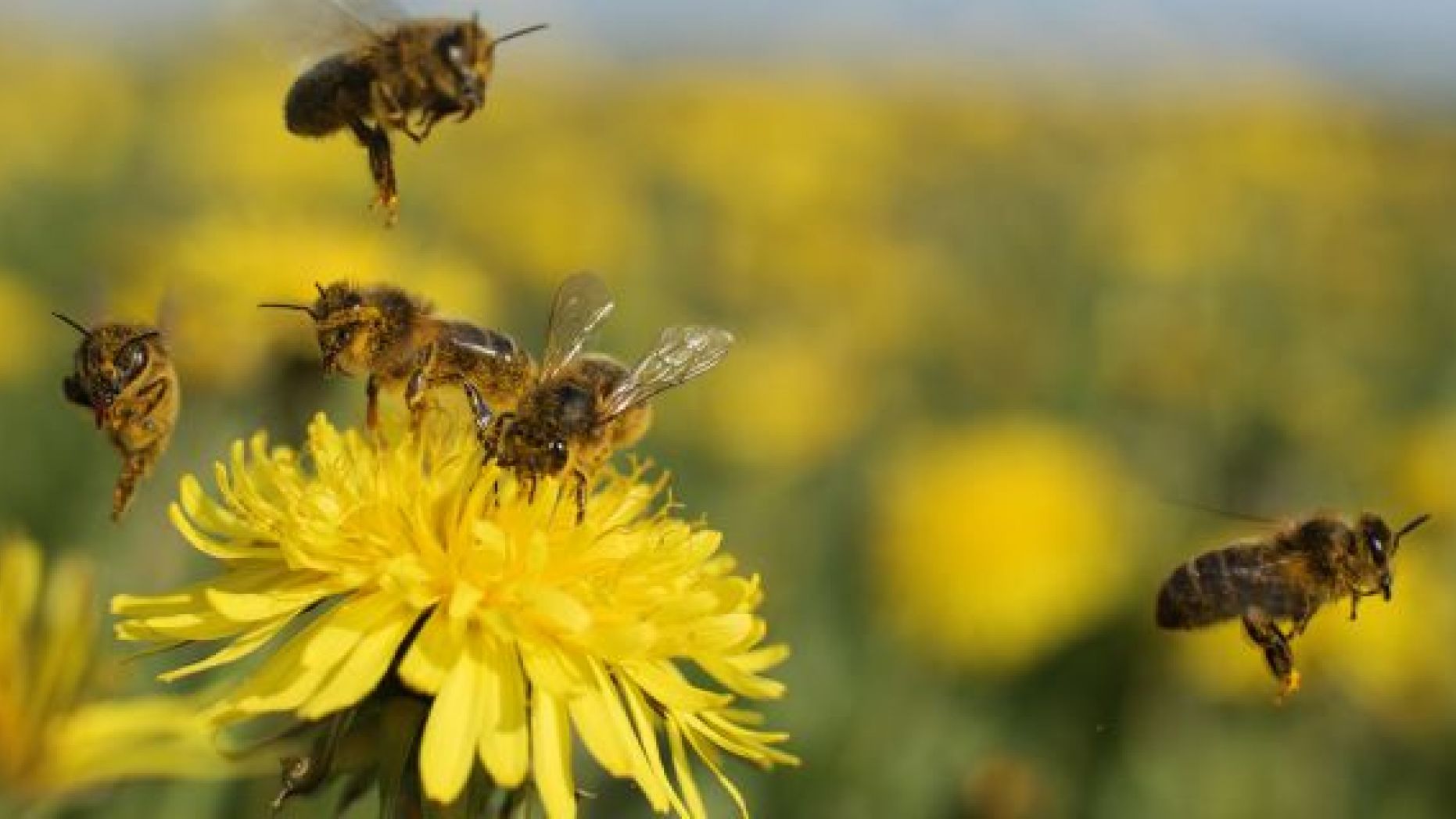During a Solar Eclipse, Bees Stop Buzzing

During the day of the 21st of August last year, millions of Americans gave up their quotidian lives in order to experience the majestic phenomenon of a total solar eclipse. The same Americans might have also been the witnesses of the bees which’s buzzing stopped working. It seemed like the Americans were not the only ones to take a break from their daily routines, but the bees as well.
Some researchers from the University of Missouri had conducted a study aiming to define the influence a solar eclipse has on the bees’ behavior. In order to do so, during last year’s solar eclipse, the researchers along with some elementary school classrooms and citizen scientists set up acoustic monitoring stations to keep an eye on the buzz of the bees. On the 10th of October this year, the results were published in the peer-reviewed journal Annals of the Entomological Society of America. They suggested that bees completely shut down their activities (both flying and buzzing) on certain locations from America.
Not many studies were conducted on how insects react to a solar eclipse and none about bees in particular.
However, more than 400 participants were engaged in the projects including members of the public, elementary school students and teachers and scientists as well. Everybody helped setting up almost twenty monitoring stations in the path of totality in Idaho, Missouri, and Oregon. Each and every location was equipped with small USB microphones which were strategically placed near bee-pollinated flowers in areas were bees are most likely to come in big numbers. Temperature and light data were also captured in some locations.
This phenomenon is quite interesting, and it might be the same for every solar eclipse that has ever happened, but we just did not notice it.
0 comments